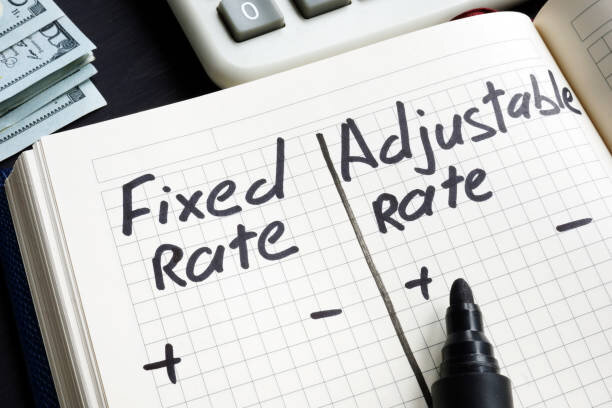Your home is a financial commitment. One method is to leverage that investment with your house, lowering your payment and shortening the length of your loan. When you refinance your mortgage, your previous loan is replaced by a new one with a new principal and possibly a new interest rate. Once your lender pays off the earlier mortgage, you will only have one loan and one monthly payment to make. Let’s examine the process of refinancing a mortgage so you know what to anticipate.
What does Refinancing A House Mean?

When you refinance your home mortgage, you exchange your old loan for a new one with a new principal and maybe a new interest rate. You are then left with just one loan and one monthly payment once your lender pays off the older mortgage.
There are a few causes for house refinancing. You can use a rate-and-term refinance to achieve a better interest rate, lower monthly payment, or a cash-out refinance to access the equity in your house. Refinancing could also remove a cosigner from the mortgage, which frequently occurs in divorce cases. Finally, you can include a second borrower in the mortgage.
How Does a Home Refinance Operate?
Although it involves many of the same processes, the refinancing process is frequently less difficult than the house purchase process. Although it can be challenging to estimate how long your refinancing would take, the average time frame is 30 to 45 days.
Let’s examine the procedure of refinancing in more detail.
Applying
Reviewing the many refinance options is the first step in determining which one is best for you. The same information you provided to your lender when you purchased the house is required when you apply for a refinance. To ascertain whether you satisfy the conditions for a refinance and can repay the loan, they will consider your income, assets, debt, and credit score.
Choosing a Fixed Interest Rate

You can be given a choice to lock your interest rate after you’re accepted so that it doesn’t alter until the mortgage closes.
Rate freezes might be in effect for 15 to 60 days. The length of the rock lock term varies depending on your location, loan type, and lender. Because the lender does; ‘t have to hedge against the market for as long, you might also be able to receive a better rate by choosing to lock for a shorter length of time. But beware, you might need to prolong the rate lock, which might cost money if your mortgage doesn’t close before the lock term expires.
Underwriting
The underwriting process is started by your lenders as soon as you submit your application. Your mortgage lender verifies your financial information during underwriting to ensure that everything you provide is true.
The property specifics, such as when you purchased your home, will be verified by your lender. An appraisal is part of this phase to determine the house’s worth. The refinance appraisal is an essential step in the procedure because it establishes your possibilities.
Home Evaluation

Before refinancing, you must obtain an assessment, just like when you purchase your home. You obtain an estimate of your home’s value once your lender orders the appraisal and the appraiser visits your property.
Ensure your home is in its best possible condition to prepare for the appraisal. To make an impression, tidy up and finish any small repairs. A list of the improvements you’ve made to the house since you’ve owned it is a nice idea, too.
Finalizing Your New Loan
It’s time to close your mortgage after completing underwriting and the home appraisal. Your lender will send you a paper called a Closing Disclosure a few days before the closing. You may find all of your loan’s final numbers there.
Refinancing is a terrific method to use your house as a source of income when the time is perfect. To save money over time, you can modify your loan type, receive a better interest rate, and shorten the loan period. You might also cash out the equity in your house and use the proceeds as you see it.
Hope that helps! Please let us know if you or anyone you know wants to sell a property fast for a fair cash price. Call us at (413) 315-9551 — we can talk in as short as two weeks, and we’ll even pay all closing costs!
